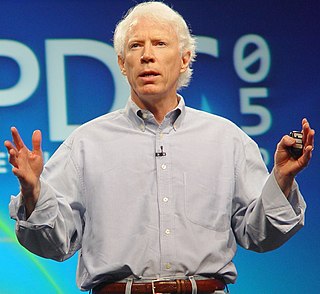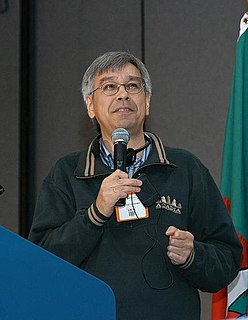A Quote by Craig Venter
Related Quotes
There is no one "root of all evil" in software development. Design is hard in many ways. People tend to underestimate the intellectual and practical difficulties involved in building a significant system involving software. It is not and will not be reduced to a simple mechanical "assembly line" process. Creativity, engineering principles, and evolutionary change are needed to create a satisfactory large system.
I'm not of the opinion that all software will be open source software. There is certain software that fits a niche that is only useful to a particular company or person: for example, the software immediately behind a web site's user interface. But the vast majority of software is actually pretty generic.
...We then examine a particular coding system in DNA and discover that UI [universal information] is conveyed within the genes. Using this DNA evidence and scientific laws governing UI as premises, we are able to develop sound, logical deductions. This leads us to the following conclusion: the God of the Bible exists and He is responsible for originating and embedding Universal Information into biological life.

































